Mood changes with weather
Weather and Mood: Unpacking the Connection
“Rainy day blues.” “Sunny disposition.” “A face like thunder.” “Under the weather.”
The English language is full of nods to the many ways weather can affect mood, energy, and even mental functioning.
Of course, your relationship to the environment likely isn’t so simple as “cold = bad” or “warm = good.”
If you live in a desert climate, a chilly, breezy day could offer a nice change of pace. Likewise, the hot, humid days of summer could feel downright miserable if you bike or walk to work.
Personal preference also has much to do with how the weather affects you. According to older research from 2011 that involved 497 adolescents and their mothers, people tend to fall into one of four categories:
- Summer lovers: Your mood improves in warm and sunny weather.
- Summer haters: Your mood declines in warm and sunny weather.
- Rain haters: Your mood declines on rainy days.
- Unaffected: Weather doesn’t affect your mood much.
Individual differences aside, weather and climate do affect people in a few main ways.
Read on to learn how weather can affect your emotions, who might be most sensitive to weather changes, and how climate change can impact mental health.
Weather can influence your mental health in many ways:
Mood
The following weather conditions are associated with low and high mood for most people:
| Low mood | High mood |
| low temperatures (below 50°F / 10°C) or high temperatures (above 70°F / 21°C) | mid-range temperatures, usually between 50°F and 70°F (10°C and 21°C) |
| high humidity | high atmospheric pressure and clear skies |
| precipitation and fog | sunlight |
Energy
Typically, cold weather gives your body the signal to settle down and “hibernate,” resulting in less energy during the winter months. Warmer temperatures can boost your energy along with your mood, but only up to the 70°F (21°C) threshold. After that, you may grow tired and feel the urge to escape the heat.
Warmer temperatures can boost your energy along with your mood, but only up to the 70°F (21°C) threshold. After that, you may grow tired and feel the urge to escape the heat.
Sunlight also impacts energy: Light tells your circadian clock to stay awake, and darkness tells your brain it’s time to rest. In other words, long, bright days can energize you. But on short or cloudy days, there’s less light to encourage you to stay awake, so you may feel groggier than usual.
Stress
If you’ve ever gotten a tingly, uneasy feeling before a storm, that was likely your body sensing a drop in atmospheric pressure. A 2019 animal study suggests drops in atmospheric pressure can activate the superior vestibular nucleus (SVN), a part of your brain that controls balance and perception. This study involved mice, but humans also have an SVN.
The study authors suggest SVN may rile up your body’s stress system before a storm, making you feel on edge. Circulating stress hormones can also sensitize your nerve endings, which could be why some people get chronic pain flare-ups when the air pressure is low.
High temperatures can also increase stress levels. Older research suggests people tend to be more irritable, or even aggressive, during hotter months. Research from 2018 links higher temperatures to increased agitation and anxiety.
Ability to think clearly and make informed decisions
Warm, sunny weather may affect brainpower by:
- boosting your memory
- helping you feel more open to new information
- improving inattentiveness, if you have ADHD
Warm weather also tends to make people more tolerant of financial risk. If you find yourself making more impulsive investments or purchases during hotter months, the weather may be one of the reasons why.
It’s worth mentioning these effects only occur if you actually go outside. Simply looking out of the window on a sunny day probably won’t have much impact.
Suicide risk
Evidence suggests people are more likely to attempt suicide in the spring and early summer than any other season.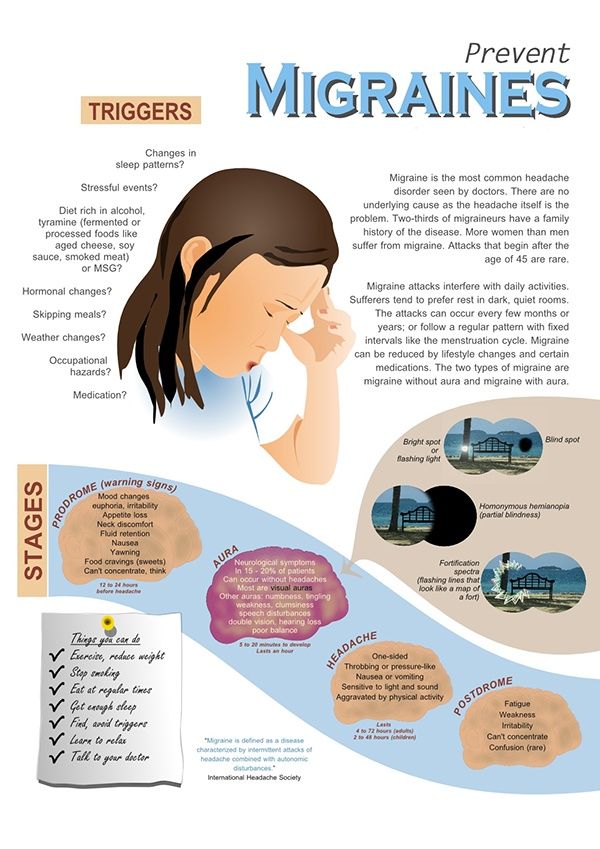 Researchers don’t know exactly why this pattern occurs, although they have a few theories:
Researchers don’t know exactly why this pattern occurs, although they have a few theories:
- More sunlight exposure and solar radiation may prompt a shift in neurotransmitter levels.
- Rapidly rising temperatures could trigger a mood episode, particularly for people with bipolar disorder.
- High pollen counts may prompt inflammation in the brain and worsen mental health symptoms.
While weather changes alone likely won’t prompt someone to attempt suicide, it could serve as an additional trigger for someone already at risk.
Having thoughts of suicide?
If you’re thinking about suicide, know you’re not alone.
You can get free, confidential support 24/7 from trained crisis counselors by dialing 988 to reach the Suicide and Crisis Lifeline.
If you prefer text-based support, just text “HOME” to 741-741 to reach the Crisis Text Line.
For plenty of people, weather has only a trivial effect on mental and physical health. However, for the 30% of people who live with meteoropathy, shifts in weather can cause symptoms like:
- irritability
- migraine
- insomnia
- trouble concentrating
- pain around old scars or injuries
These symptoms disappear when the weather improves.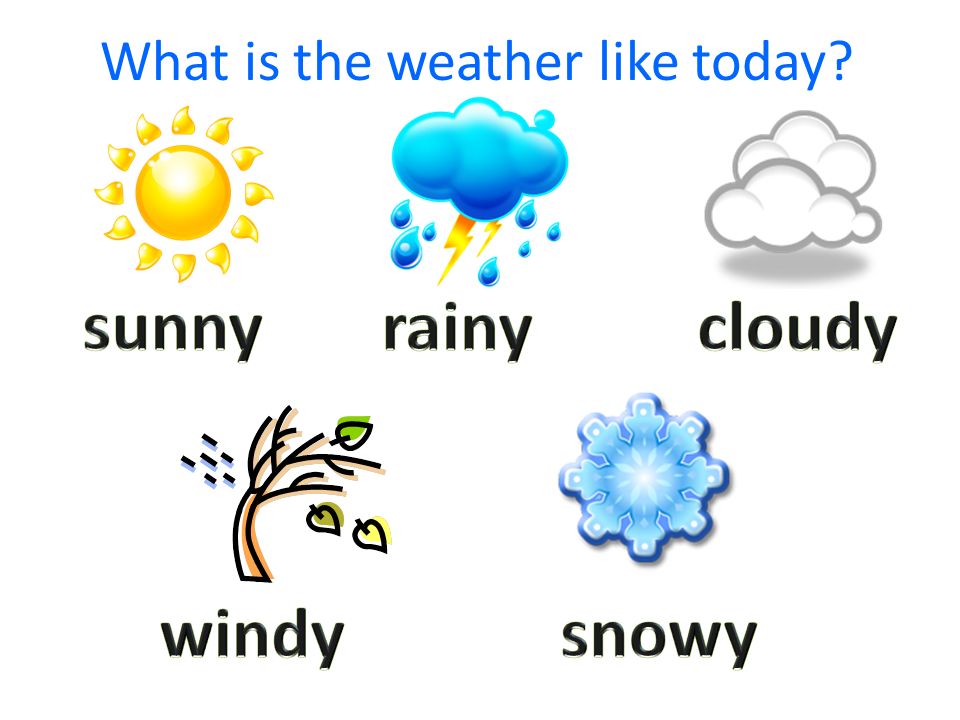
Meteoropathy most commonly affects:
- women
- older adults
- people with high levels of the personality trait neuroticism
- people who have a diagnosed mood disorder
Meteoropathy isn’t a diagnosis in itself, but it can worsen mood symptoms.
Weather also has an acknowledged role in the following conditions:
Seasonal depression
Major depressive disorder (MDD) with a seasonal pattern, which you might know as seasonal affective disorder (SAD), refers to depression symptoms that appear only during certain times of the year.
Most people with this type of depression experience symptoms like sadness, sleepiness, and increased appetite during the fall and winter months, but no symptoms in the spring and summer.
But some people with seasonal depression have symptoms that follow the opposite pattern: The warm, sunny weather of spring and summer triggers depression symptoms, and the colder winter months bring relief. Spring or summer depression symptoms may involve agitation, insomnia, and poor appetite, along with a low mood.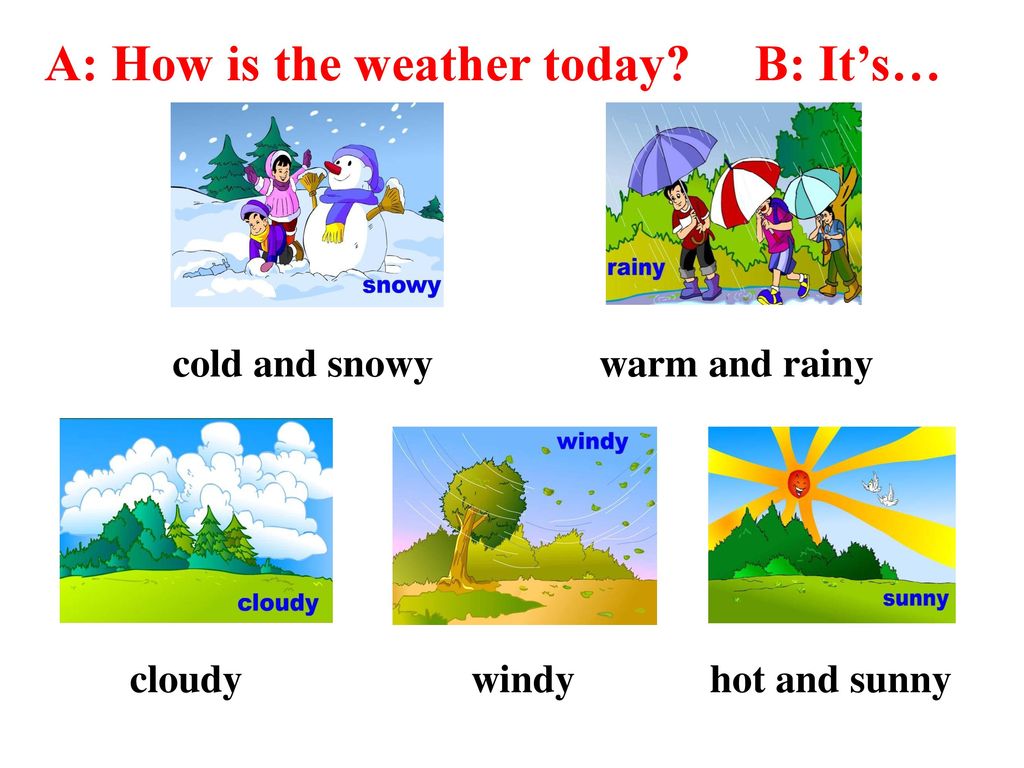
Major depression
Major depression can occur at any time of year. That said, symptoms may show up more frequently during chillier weather.
According to an Eastern European study of nearly 7000 participants, you’re more likely to have depression symptoms:
- during November or December
- when the temperature falls below 32°F (0°C)
- when the wind speed is higher than on previous days
- if it snowed within the last 2 days
Bipolar disorder
Roughly 1 in 4 people with bipolar disorder report a seasonal pattern in their mood symptoms. Temperature seems to serve as the key link between seasonality and bipolar symptoms.
While study results vary, there’s some general consensus: Episodes of depression occur more frequently in winter, and episodes of mania occur more frequently in spring and summer.
Research from 2020 also suggests that among people with bipolar disorder, those with a history of suicide attempts tend to have greater sensitivity to weather and more severe meteoropathy symptoms. Participants with a greater number of suicide attempts had higher scores on meteoropathy screening tests.
Participants with a greater number of suicide attempts had higher scores on meteoropathy screening tests.
Extreme weather impacts almost everyone, not just people prone to meteoropathy. According to a 2016 study, temperatures above 70°F (21°C) can:
- decrease desirable emotions, like joy
- increase unwanted emotions, like anger
- contribute to fatigue
The study found that individuals in both mild climates and harsh climates had much the same reactions to heat exposure. To put it another way, as climate change increases the number of hot days each year across the United States, moving to a cooler state probably won’t protect you.
Research from 2017 has also linked the rising temperatures of climate change to increasing levels of violence around the globe. As temperatures get hotter, stress, impulsivity, and aggression rise. Droughts and crop shortages can also cause more competition for resources.
Increased stress, aggression, and impulsivity may then play a part in more frequent collective violence, like riots and civil wars.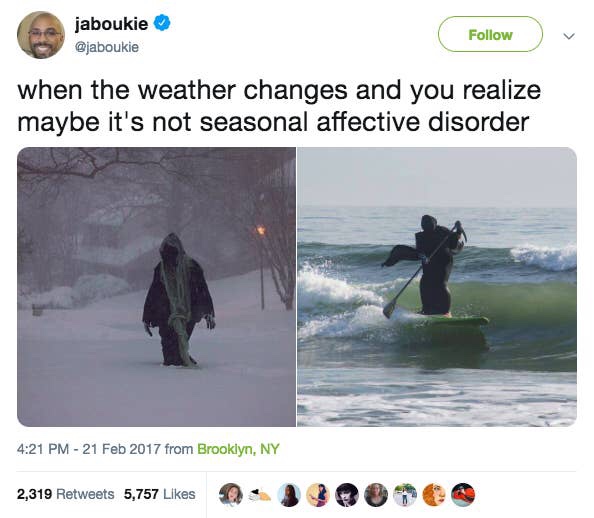 But they can also factor into interpersonal violence, which could include assault, homicide, or sexual assault.
But they can also factor into interpersonal violence, which could include assault, homicide, or sexual assault.
One theory suggests temperature changes that affect everyday activities can heighten tension and contribute to interpersonal conflict, which can affect interactions with strangers, partners, and loved ones.
Extreme weather events
Climate change doesn’t only affect temperatures. It has also increased the rate of extreme weather events (EWEs), such as floods, hurricanes, and wildfires. These events can disrupt your life significantly and may cause mental health symptoms.
According to a 2020 review including 17 studies where participants had experienced an EWE in the past 12 months,
- 19.8% of the participants experienced symptoms of anxiety
- 21.4% of the participants experienced symptoms of depression
- 30.4% of the participants experienced symptoms of post-traumatic stress disorder (PTSD)
Children’s mental health is particularly vulnerable after EWEs.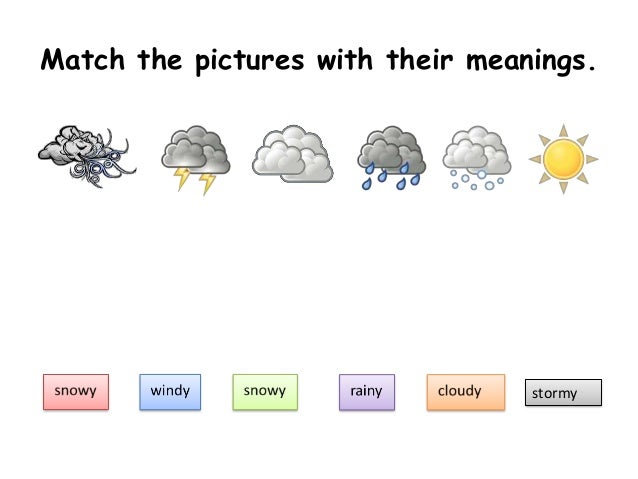 Up to 71% of child survivors of natural disasters develop post-traumatic stress symptoms.
Up to 71% of child survivors of natural disasters develop post-traumatic stress symptoms.
Even people not directly exposed to EWEs may feel anxious hearing about them. For some people, the existential threat of climate change can cause a sense of dread and hopelessness called eco-anxiety. As climate change has accelerated, eco-anxiety has become more common, especially among younger generations who will have to deal with the long-term effects.
You can’t change the weather, but you can take steps to ease its effects on your well-being.
If you suspect you might be sensitive to weather changes, consider these tips:
- Keep a mood journal so you can track how different weather patterns affect you.
- Monitor the weather forecast so you can prepare low-stress schedules for difficult days.
- Stay inside during harsh weather. If your home doesn’t have heating or air conditioning, you may want to visit your nearest emergency warming or cooling center.
Meteoropathy typically lasts for a few days at most and will disappear once the weather improves.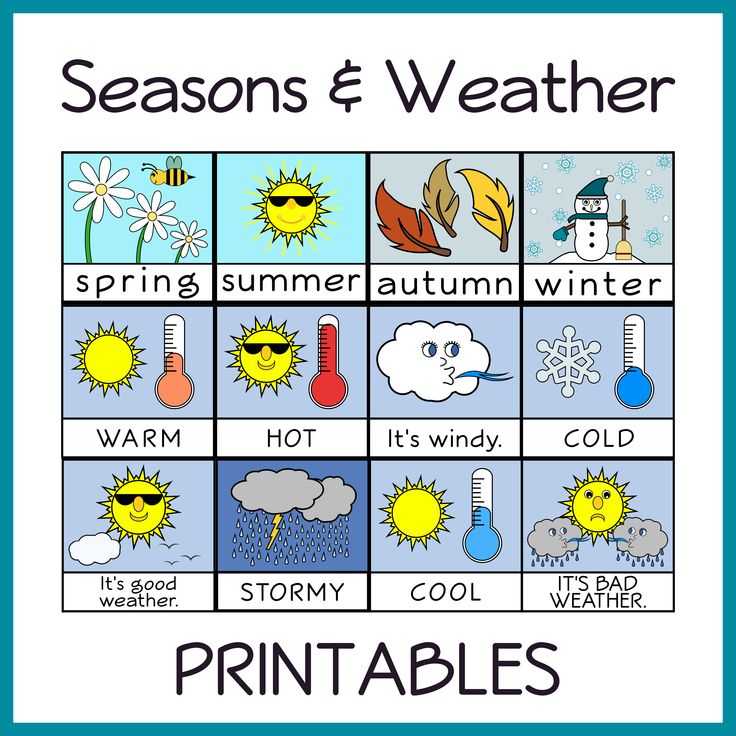 These symptoms can feel annoying or uncomfortable, but they generally won’t completely derail your everyday routine.
These symptoms can feel annoying or uncomfortable, but they generally won’t completely derail your everyday routine.
That said, it never hurts to check in with a healthcare professional if the weather seems to have an ongoing impact on your mood. They can help rule out any underlying conditions and offer more guidance on treatment options.
If any mental health symptoms you experience do last more than a day or so, or keep you from doing the things you usually would, you may want to connect with a professional for more support.
Here’s how to find the right therapist.
If weather changes seem to trigger mental health symptoms for you, potential treatment options might include:
- For eco-anxiety: ecotherapy, support groups
- For MDD with a seasonal pattern: light therapy, therapy, antidepressants
- For major depression: therapy, antidepressants
- For bipolar disorder: therapy, mood stabilizers, antidepressants
Your care team can offer more guidance in finding the right treatment for your needs.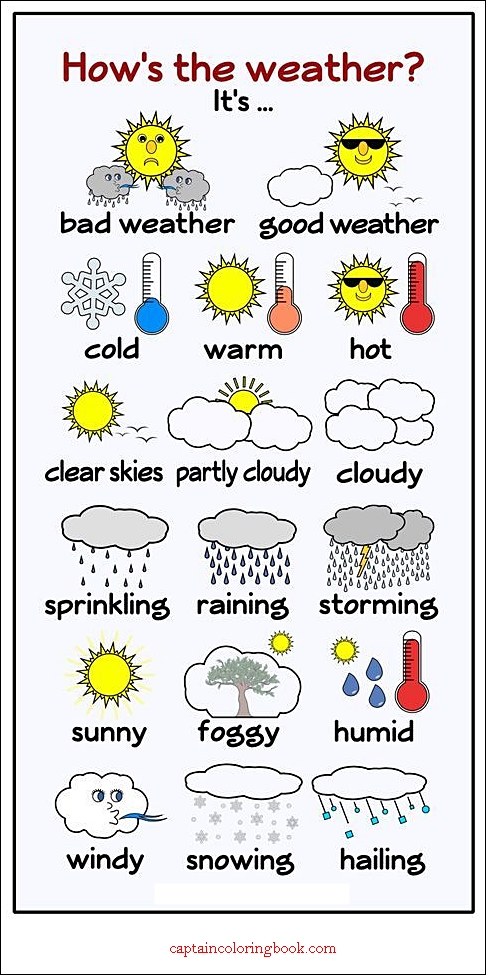
FYICertain medications can make you more sensitive to weather changes.
For example, selective serotonin reuptake inhibitors (SSRIs), a common type of antidepressant, can raise your risk of dehydration and heat stroke. People who take SSRIs are 17% more likely to get hospitalized for heat-related illness than the general population.
If you have concerns about any potential side effects of your medication, the clinician who prescribed it can answer your questions and offer guidance on alternate treatment options.
While the weather has only a subtle impact on mood, energy, and cognition for many people, nearly a third of the population is highly sensitive to atmospheric changes.
What’s more, climate change has increased the frequency of extreme weather events, leaving more people vulnerable to PTSD, depression, and anxiety related to natural disasters.
Working with a therapist to address your symptoms can have benefits on a personal level — but large-scale efforts to combat climate change may do more to help prevent weather-related traumas from happening in the first place.
Emily Swaim is a freelance health writer and editor who specializes in psychology. She has a BA in English from Kenyon College and an MFA in writing from California College of the Arts. In 2021, she received her Board of Editors in Life Sciences (BELS) certification. You can find more of her work on GoodTherapy, Verywell, Investopedia, Vox, and Insider. Find her on Twitter and LinkedIn.
Can Weather Affect Your Mood?
WHEN SHOULD I WORRY ABOUT... July 14, 2021 - Katie McCallum
A change in the weather can be a nice change of pace at times — or even greatly needed in some cases, such as rain during a drought.
Other times, the weather can be...frustrating. Prolonged heat and humidity can take a toll on you, as can endless days of rain and the bitter cold during the winter months.
Less-than-pleasant weather that drags on (and on and on) can complicate outdoor plans, make traffic miserable and, honestly, feel like it's starting to affect your overall well-being.
So what's the deal? Can weather actually affect your mood, or is it just a figment of your imagination?
The link between weather and mood is murkyIn terms of the science behind whether the weather might affect your mood, well...it's debatable. The research is limited, and it varies.
There's evidence to suggest a connection
The case for a link between the two began to emerge in the late '70s and early '80s.
For example, a 1984 study looking at a variety of mood variables (from anxiety and depression to optimism and aggression) in the context of several weather variables:
- Amount of sunshine
- Precipitation
- Temperature
- Wind
- Humidity
- Barometric pressure
The study found that the amount of sunshine, temperature and humidity had the greatest effect on mood. In particular, it showed that high humidity lowered concentration and increased sleepiness — something many Houstonians can likely relate to.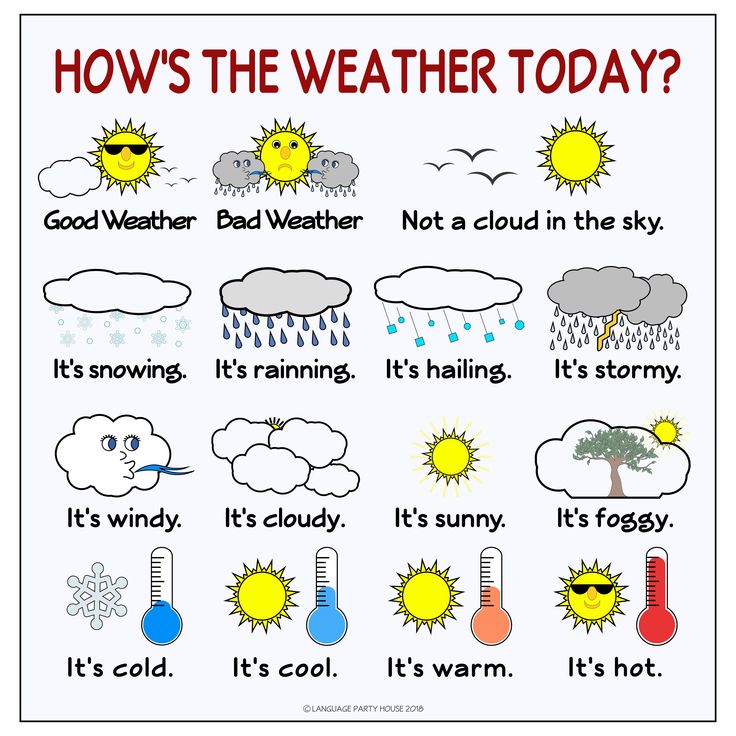
Additionally, a 2005 study found that spending more time outdoors in pleasant weather is associated with higher mood and better memory. The study concluded that spring was linked to improved mood since people had been deprived of pleasant weather all winter, and that hotter weather was linked to lower mood in the summer.
But there's also evidence to suggest otherwise
While some of the science concludes that there is a link between weather and mood, not every study finds a clear connection.
For instance, a 2008 study found that weather had essentially no effect on positive mood. Explained another way, more sunlight and better temperatures didn't make a happy person happier. The study did find, however, that sunlight, wind and temperature could affect negative moods, like tiredness — although the impact was very minor.
Additionally, it's important to note that while the previously mentioned 2005 study did suggest a link between time spent outdoors in pleasant weather and improved mood, the impact wasn't consistently significant.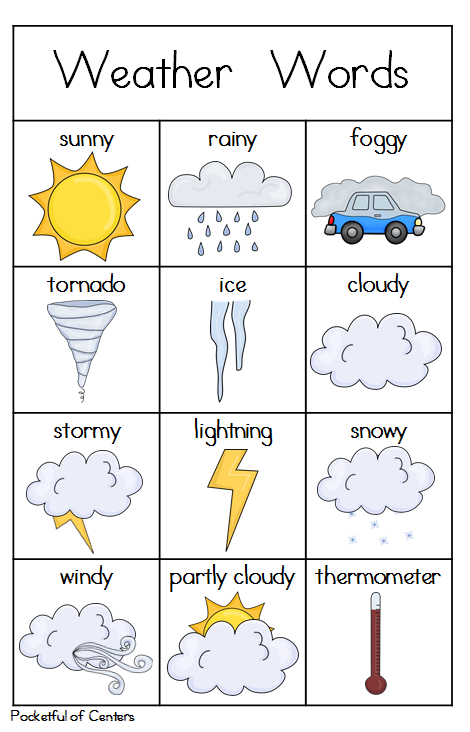 In fact, the effect was very modest.
In fact, the effect was very modest.
Taken together, it's unclear if weather truly affects mood
All in all, there's simply more we need to learn before we can claim a connection between mood and the weather.
Mood itself is very complex, and many, many factors affect and contribute to it.
What may be becoming more clear, however, is that how weather affects mood likely varies significantly from person to person.
Do we each have a weather type?There's precedent for the theory that each of us is affected by the weather differently.
Take, for instance, seasonal affective disorder (SAD), which is defined as having significant mood changes related to the changing seasons. The most well-known example is winter SAD or the "winter blues" — a depressive mood felt only during the shorter days of the winter.
With only about 6% of the population diagnosed with SAD, it's a relatively rare mood disorder. However, the National Institute of Mental Health speculates that this disorder is actually much more common, especially its milder forms.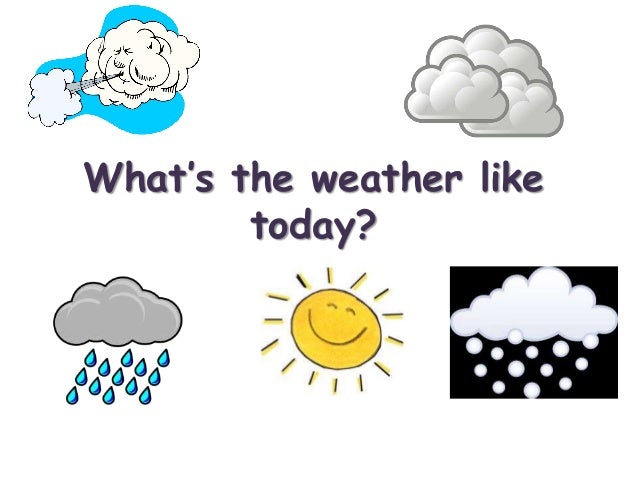
And a 2011 study suggests that weather may indeed affect mood — for some.
Similar to other studies, the overall association between weather and mood was barely, if at all, significant. However, the researchers noticed that while half of the individuals in the study weren't affected by the weather, the other half were significantly affected by it.
Taking these different subpopulations into account, the study identified four weather reactivity types:
- Those unaffected by weather – mood is unrelated to weather
- Summer lovers – mood improves on warm, sunny days
- Summer haters – mood improves on cool, cloudy days
- Rain haters – particularly bothered by rain
This suggests that some individuals are fairly resilient to the weather, while others are sensitive to it. Further still, those who are reactive to the weather can be affected by the various weather patterns differently.
Stay up-to-date
By signing up, you will receive our newsletter with articles, videos, health tips and more.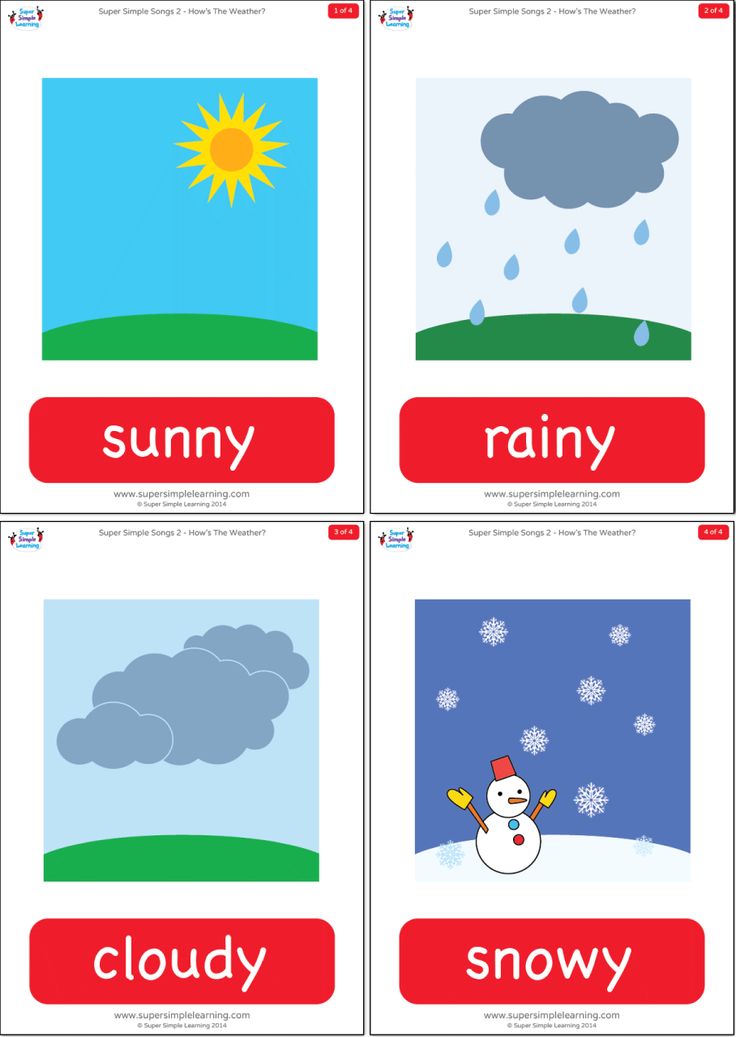
Please Enter Email
Please Enter Valid Email
Weather and mood: is there a connection?
56,432
Know Yourself
We believe that we are uplifted because the sun is shining in the morning, and, on the contrary, we are discouraged if it rains all the time. We are sure that the weather directly affects our mood. Attempts to experimentally verify this conventional wisdom have been made repeatedly.
Researchers asked volunteers to record their emotional state several times a day for several months, and then compared the data obtained with weather reports for the same days. And... they didn't find any dependency!
David Watson, Professor of Psychology at the University of Iowa (USA), analyzed the results of twenty of the largest studies on the relationship between mood and weather, conducted since the early 1980s. It turned out that the more people participated in the experiments, the less the correlation turned out to be. In other words, psychological research refutes our intuitive conclusions: the weather and our mood are not connected in any way. What makes us believe otherwise?
In other words, psychological research refutes our intuitive conclusions: the weather and our mood are not connected in any way. What makes us believe otherwise?
Cultural stereotypes
Belief in a linear relationship between weather and state of mind comes from the distant past. The archaic view of the universe likened the inner world of man to the world of nature, and in this scheme, weather phenomena were assigned the same place that we usually assign to emotions.
Describing the sphere of feelings in this way, today we use the same words as when describing the weather: for example, the verbs “frown” and “clear up” are equally applicable to the sky and to a person’s face.
Since ancient times, people's lives have been regulated by the weather. “The sun played a special role,” says anthropologist Alexander Zubov. “It determined the rhythm of life, warmed it, made it possible to engage in gathering and hunting ... It was a source of life's blessings, and therefore all the great civilizations of antiquity, from the Aryans to the Aztecs, bowed before it. ”
”
High spirits may be, for example, because when the weather is good, we go out more often
Today, our feelings are still influenced by traditional views and cultural stereotypes - stable and extremely simplified ideas about what is happening. If we are happy and the sun is shining outside the window, we will most likely try to attribute our excellent mood to it. But if it's raining outside, we just don't pay attention to the weather.
“When a situation doesn't match our perceptions, we ignore it. This is how the mechanism of formation of stereotypes functions - prejudices, superstitions, social attitudes, - explains psychologist Margarita Zhamkochyan. - And vice versa, when we meet coincidences, we remember them, tell others about it.
In fact, we may be in high spirits, for example, because when the weather is good, we often leave the house to meet relatives and friends. This kind of social interaction always has a positive effect on us.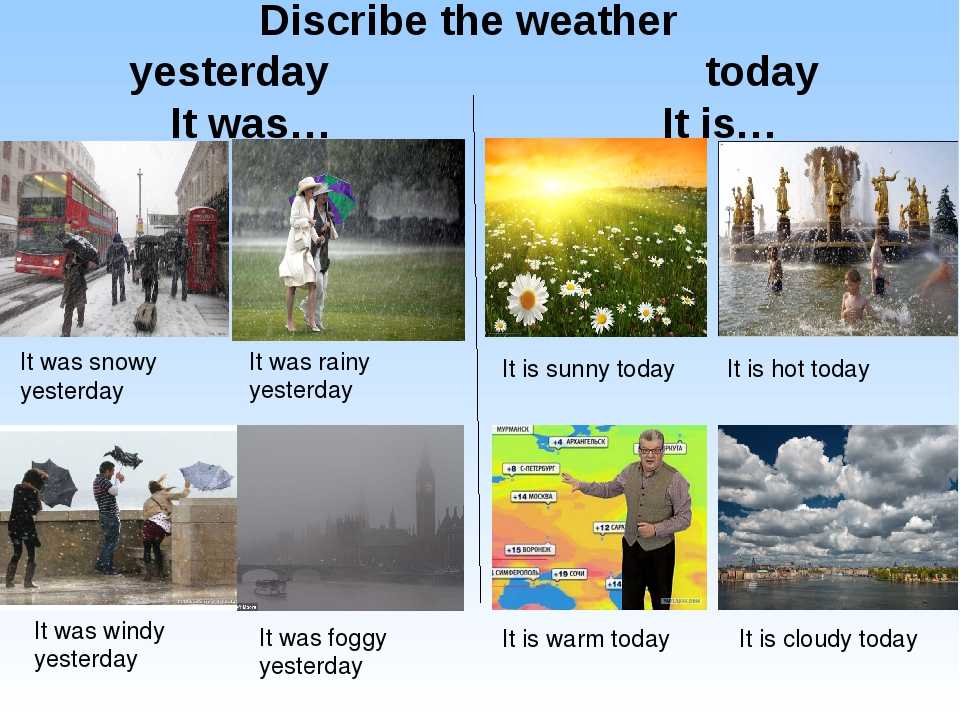 ”
”
Adapt to contrasts
About 60 thousand years ago, several groups of ancient people migrated from East Africa, eventually they and their descendants populated the entire globe. “Our ancestors were forced to adapt to new living conditions,” explains anthropologist Olga Artemova. “Their bodies learned to pick up any weather signals that could affect their lives. For example, low atmospheric pressure preceded a hurricane.
In the genetic memory of subsequent generations, a sharp drop in pressure, causing a vague feeling of anxiety, was imprinted as a "premonition of a thunderstorm." This is how our sensitivity to weather changes developed.
Mood is an emotional state that colors our lives, and it does not depend on specific circumstances. When we are in high spirits, we do not rejoice at something separately, but simply feel joy.
Mood can change several times even within one day, but its fluctuations or constant emotional background are seasonal and are primarily determined by the individual biological rhythm.
Why does the mood change then?
Most often, incomprehensible mood swings occur on autumn and winter days. But apathy, a feeling of depression are not connected with the weather, but are caused ... by a lack of light. The work of the body, including the nervous system, is determined by the stability of the day-night cycle. The better the light, the more serotonin, the hormone that regulates our mood, is produced.
When it is not enough, the libido and the ability to concentrate are reduced. “Scientists were able to identify a special type of nerve cells that register the amount of light perceived by the eyes and, in accordance with this, regulate the work of the internal biological clock,” says Margarita Zhamkochyan. “Morning light “starts” the work of these clocks.”
The natural biological alarm goes off when the receptors receive the right amount of light. In autumn and winter days, this becomes almost impossible.
Why do some of us react to changing weather with headaches, unreasonable anxiety, exacerbation of chronic diseases? Physicist Tatyana Breus explains the phenomenon of meteosensitivity as follows: “Our body is a complex coordinated system of various rhythms – cardiac, vascular, respiratory.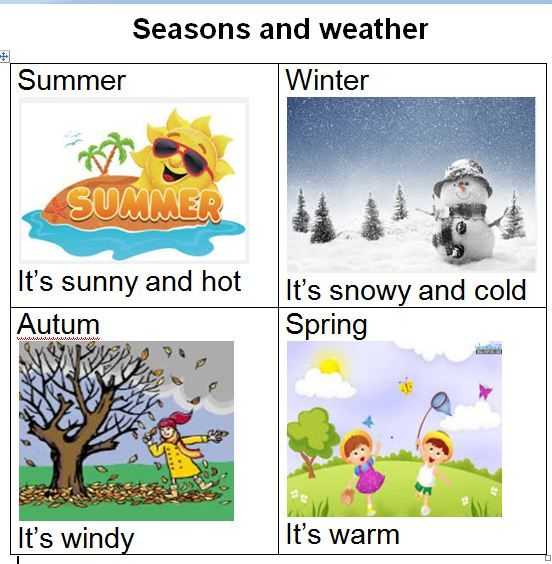 A sharp change in air temperature, atmospheric pressure or wind strength, increased solar activity can bring the body out of a state of stable equilibrium. And we feel emotional and physical discomfort.”
A sharp change in air temperature, atmospheric pressure or wind strength, increased solar activity can bring the body out of a state of stable equilibrium. And we feel emotional and physical discomfort.”
Only 3% of the adult population has such an acute reaction to the weather. After all, weather sensitivity is a natural physiological phenomenon, thanks to which the body can adequately respond to changes in the external environment, which allows us to live in harmony with the world.
For some, the process of adaptation occurs almost imperceptibly, for others it takes more time. A painful reaction to the weather is an individual feature of those who inherited a special sensitivity of the central nervous system to the activity of the sun, or those whose body is severely weakened.
Text: Yuliana Puchkova, Zhanna Sandaevskaya Photo source: Getty Images
New on the site
How to live: thinking out loud - facts, doubts and illusions his mother. How can I stop this without offending her?
"A man gets mad when I ask him for advice about work"
"How do I look during sex?" It turns out that this issue concerns not only women
Getting out of the abyss of despair: 3 main steps
“Either my daughter and I, or her”: the story of one ultimatum
Dry cough: psychosomatics and treatment
If the mood depends on the weather
If the mood depends on the weather
A disease called meteoneurosis has not yet entered medical textbooks.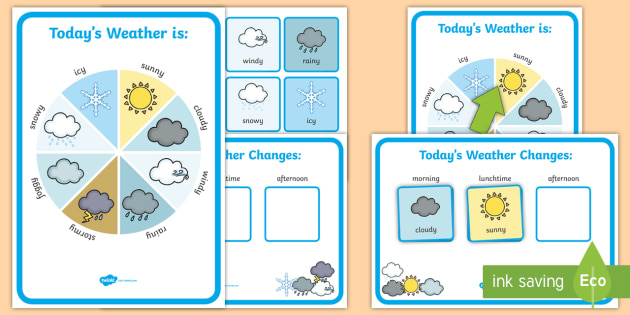
However, this is a matter for the near future. After all, according to the most conservative estimates, every third city dweller suffers from meteoneurosis.
Meteoneurosis and meteorological dependence are not the same thing. The phenomenon of meteorological dependence has been known for a long time. Natural pressure surges, solar flares and other natural disasters are always accompanied by an exacerbation of chronic diseases. Another thing is meteoneurosis. This is when a person does not seem to have chronic diseases, but the mood is very dependent on the weather. And what is it then, if not a disease?
“I got out of bed in the morning, looked out into the street, and there it was raining. And then the whole day - a bad mood, everything falls out of hand. I went to the doctor: they measured the pressure, took a cardiogram, prescribed tests. The research results are excellent - even fly into space. But the rain on the street continues - and in life everything is not going well.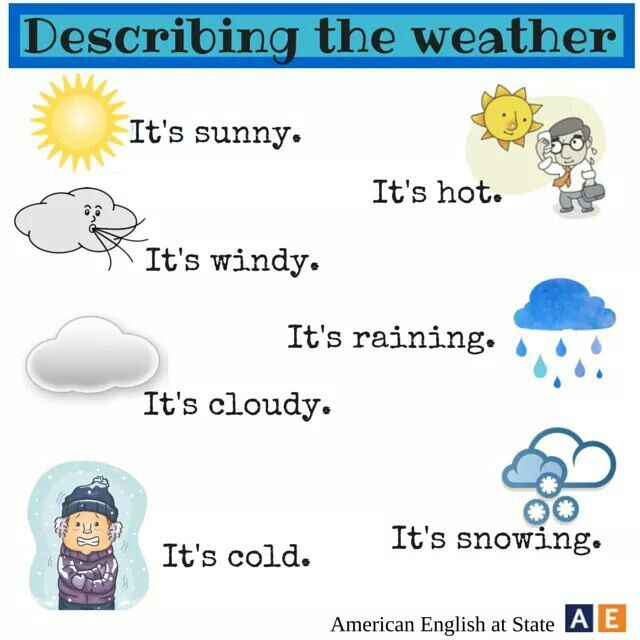 He sat behind the wheel - did not notice the car flying out from behind the corner - an accident. I sat down at the computer - I made a mistake ... "
He sat behind the wheel - did not notice the car flying out from behind the corner - an accident. I sat down at the computer - I made a mistake ... "
Interesting weather facts 17 November 11:21
Outwardly, this looks like ordinary laziness, inattention, but psychologists convince us that this problem must be dealt with by scientific methods. Meteoneurosis is precisely the dependence of a person on a certain weather. The manifestations of this disease are subjective and cannot be measured by instruments. Sadness, boredom, fatigue, apathy - in what units is it all measured?
According to psychologists, meteoneurosis can have different causes:
1) The first is childhood experience. For example, if a baby's parents get sick a lot and feel worse in bad weather, this will also affect the child. Since parents for a child are the main authority that forms ideas about the world around them, as a result, a logical chain is forever fixed in the memory of the baby: if it’s raining outside, then everyone around is angry, respectively, don’t expect anything good on this day.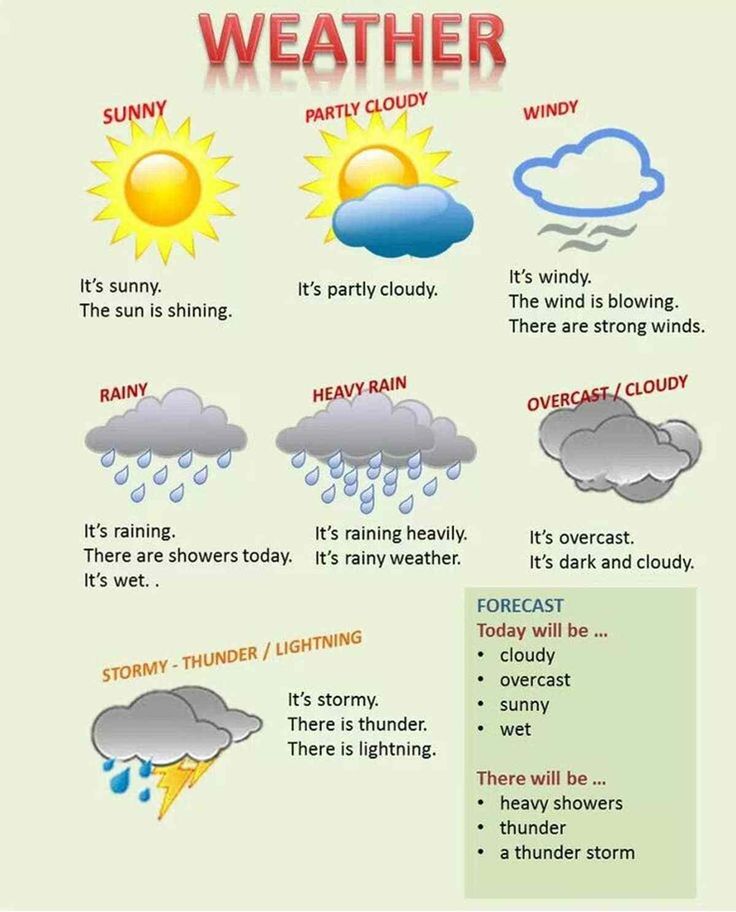
2) The second cause of meteoneurosis is the natural need for a certain amount of sunlight, light and heat.
Practical tips:
What to do if the current climate makes a person depressed? Psychologists advise to seriously engage in a practical change in the surrounding space, that is, the design of the room in which you have to live and work. There are two options here. The first is to create an isolated little world for yourself, where it is warm and light, hang windows and enjoy life.
The second option is to “open up” to the bad weather, recognize its existence, but construct a sort of cozy corner in the house or at work, soft unobtrusive light, quiet music. Such a melancholy atmosphere will not run counter to bad weather, but will create a soft atmosphere of leisurely, concentration.
However, all these tips are good if life does not force you to move along the street. And if the whole day passes on the road? Psychologists recommend taking a break during the day.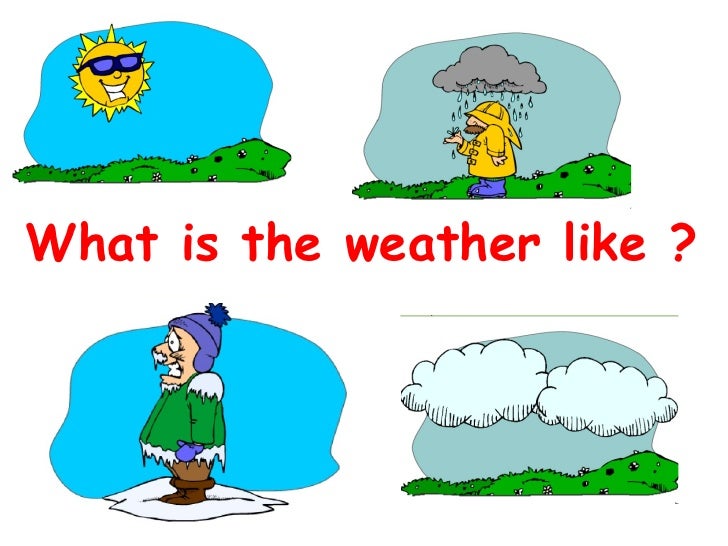 It is very important to learn to enjoy the view outside the window. Go to a cafe, watch passers-by through a shop window for a cup of coffee. In transport, look at passers-by through the window ... Meteoneurotics need to learn to positively perceive this world. Be fascinated by any manifestations of nature!
It is very important to learn to enjoy the view outside the window. Go to a cafe, watch passers-by through a shop window for a cup of coffee. In transport, look at passers-by through the window ... Meteoneurotics need to learn to positively perceive this world. Be fascinated by any manifestations of nature!
Has anything good ever happened in your life in the rain? One can recall many pleasant rainy days: someone got married in the rain and is now absolutely happy, someone had a child in October - and this is a happy day for him, etc.
From the point of view of ordinary logic, warm, sunny weather should be perceived positively by absolutely everyone. However, the doctors faced a problem: there are meteoneurotics who feel great in the rain, but in sunny weather they will not stick their nose out into the yard. And again - this has nothing to do with bodily health: just such a personality type. This problem needs to be solved somehow. Because, for example, there are many rainy days in St.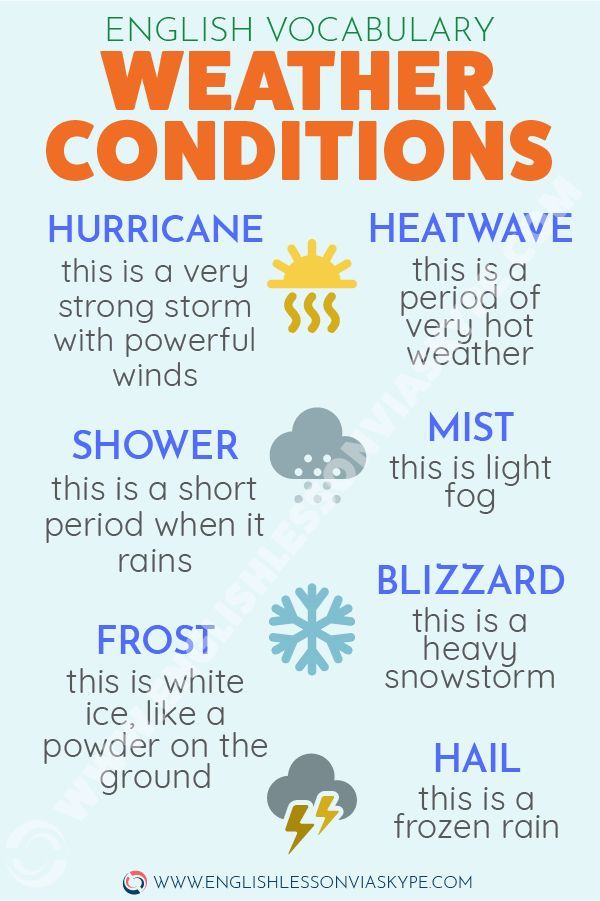 Petersburg, but good weather sometimes also lasts for a long time - and this is unbearable for some.
Petersburg, but good weather sometimes also lasts for a long time - and this is unbearable for some.
Meteoneurosis is a dangerous disease until a person is ready to fight it. If a person is not flexible and confident in his absolute meteorological dependence, he will have to live in a bad mood. When he begins to adapt to the weather, the diseases recede.
Doctors claim that the number of requests for medical help during magnetic storms is at least doubling. Particularly affected are patients with diseases of the cardiovascular and genitourinary systems, patients with diabetes mellitus, people with mental disorders, diseases of the joints, thyroid gland, asthma, bronchitis. But doctors do not give an exact recipe for how to cope with a magnetic storm. And then people start looking for a way out.
False forecasts are also of great importance for meteoneurotics. Modern science can predict the onset of a magnetic storm in two cases. The first - in a day - two, if a solar flare is registered. The second option is to predict regular storms that happen every 27-28 days.
The second option is to predict regular storms that happen every 27-28 days.
If "specialists" give a schedule of magnetic storms for a month, or even a year ahead, accurate to hours and minutes, know that this is a complete fiction. Modern science is not able to predict the behavior of a heavenly body so accurately.
Such predictions are not only pseudoscientific, but also dangerous.
An experiment was carried out in two groups of young physically healthy people. One part was told that magnetic storms were coming on such and such a date, the other part was honestly told that these days the geomagnetic situation would be calm. As a result, in the first group, many began to complain about feeling unwell - this worked autosuggestion.
Of course, all of the above does not mean that the problem of magnetic storms does not exist at all. They really have a serious impact on the psyche and the general condition of the body.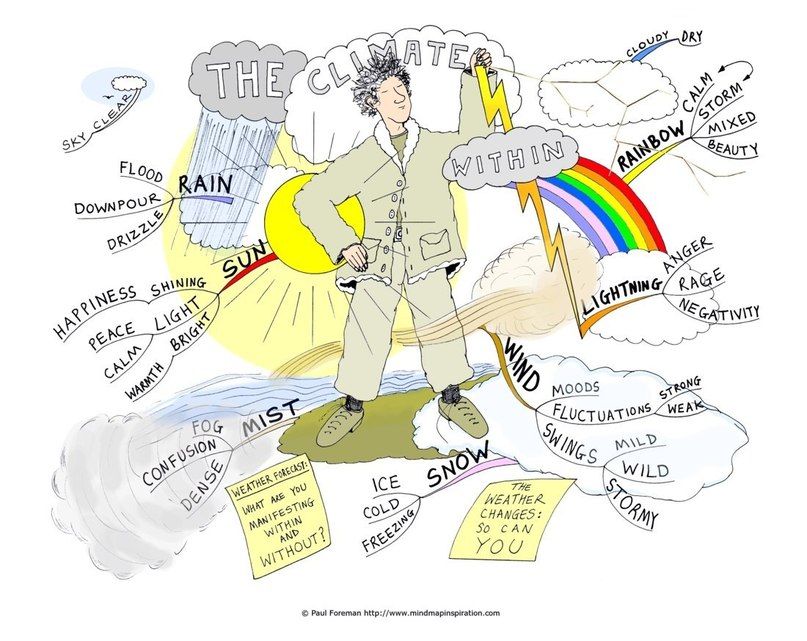 Any doctor will confirm that the number of heart attacks, strokes and exacerbations increases dramatically on unfavorable days.
Any doctor will confirm that the number of heart attacks, strokes and exacerbations increases dramatically on unfavorable days.
What can we say about a person if solar flares seriously affect electronics! A computer, for example, can “freeze” due to the amplification of magnetic radiation.
How to help yourself during magnetic storms
During magnetic storms, it is imperative to drink vitamins and keep calming tinctures on hand - valerian, motherwort, hawthorn, herbal preparations; for example, like this:
- 4 parts of rose hips
- 3 parts hawthorn and motherwort
- 1 part St. John's wort
1 tablespoon of the mixture pour a glass of boiling water, insist in a thermos for 4 hours, strain. Take half a glass 2 times a day before meals.
If you feel dizzy, you worry and worry for no particular reason, then try to move slowly these days, get out of bed smoothly, without sudden movements. Walk more. And be sure to call your family, friends and relatives - just talk and find out that everything is in order with them. Then you will be calmer, and the magnetic storm will not seem so terrible.
And be sure to call your family, friends and relatives - just talk and find out that everything is in order with them. Then you will be calmer, and the magnetic storm will not seem so terrible.
Source: sova-golova.ru
- Today
- Tomorrow
- Friday
- Saturday
-1°
Vinnitsa
+1°
Lutsk
+1°
Dnipro
-1°
Donetsk
-3 °
Zhytomyr
+4 °
Uzhgorod
+1 °
Zaporozhye
-2 °
Ivano -Frankivsk
-2 °
Kyiv
Kropyvnitsky
+10 °
Sevastopol
+7 °
Simferopol
-2 °
Lugansk
+1 °
Lviv
+1 °
Nikolaev
9000 +2 °Odessa
-11 °
Poltava
0 °
Rivne
-1 °
Sumy
+1 °
Ternopol
-1 °
Kharkov
+2 ° 9000
Cherkasy
-2 °
Chernigov
+1 °
Chernivtsi
-6 ° . ..- 1 °
..- 1 °
Vinnitsa
-4 ° ... 0 °
Vinnitsa
-3 -3 °... 0°
Vinnitsa
-1°...+1°
Lutsk
-4°...+1°
Lutsk
-2°...+2°
Lutsk
-1°...+4°
Dnepr
-1°. ..+4°
Dnepr
-2°...+3°
Dnepr
-2°...+2°
Donetsk
-2°...+2°
Donetsk
-2°...+2°
Donetsk
-11°...-1°
Zhytomyr
-7°...-1°
Zhytomyr
-3°... -1°
Zhitomir
0°...+7°
Uzhgorod
+2°...+5°
Uzhgorod
+3°...+6°
Uzhgorod
-1°...+4°
Zaporozhye
3 -1° 90 ...+4°
Zaporizhia
-1°...+3°
Zaporizhia
-2°... 0°
Ivano-Frankivsk
-3°... 0°
Ivano-Frankivsk
-1°...+1°
Ivano-Frankivsk
-6°... 0°
Kyiv
-4°... 0°
Kyiv
-3° ... 0°
Kyiv
-2°. ..+3°
..+3°
Kropivnitsky
-2°...+2°
Kropyvnytsky
-2°...+2°
Kropyvnytsky
+7° ...+13°
Sevastopol
+8°...+11°
Sevastopol
+7°...+9°
Sevastopol
+4°...+9°
Simferopol
+5°...+8°
Simferopol
+5°...+7°
Simferopol
-4°...+1°
Lugansk
-3°...+1°
Luhansk
-3°...+1°
Luhansk
-1°...+2°
Lviv
-2°...+ 2°
Lviv
-1°...+3°
Lviv
0°...+5°
Nikolaev
0°...+4°
Nikolaev
0°. ..+4°
Nikolaev
+1°...+5°
Odessa
+1°...+4°
Odessa
+1°...+5°
Odessa
-2°...+2°
Poltava
-2°...+1°
Poltava
-3°...+1°
Poltava
-2°... 0°
Rivne
-4°...+ 1°
Rivne
-2°...+2°
Rivne
-2°...+1°
Sumy
-2°. ..+1°
..+1°
Sumy
-
2°... 0°Sumy
-2°...+1°
Ternopil
-2°...+1°
Ternopil
-1°...+2°
Ternopil
-2°...+1°
Kharkiv
-2°...+1°
Kharkiv
-2°...+1°
Kharkiv
+1°...+6°
Kherson
+1°. ..+5°
Kherson
+1°...+4°
Kherson
-4°...+1°
Khmelnitsky
-3°... 0°
Khmelnitsky 9003
-1°...+1°
Khmelnitsky
-1°...+2°
Cherkasy
-1°...+2°
Cherkasy
-2°...+ 2°
Cherkasy 9Chernihiv
Chernivtsi
-3°...+1°
Chernivtsi
-1°...+3°
Chernivtsi
Previous news 26 October 2012 11:06
Next news 26 October 2012 09:49
- Overview of weather conditions in Ukraine for the week: November 28 - December 4, 2022
Igor Kibalchich Synoptic
Weather in Ukraine for tomorrow 27 November 10:02
-
Igor Kibalchich Synoptic
Weather forecast in Ukraine for the weekend: 26 – 27 November 2022Weather in Ukraine for tomorrow 25 November 09:56
-
Igor Kibalchich Synoptic
Overview of weather conditions in Ukraine for the week: November 21 - 27, 2022Weather in Ukraine for tomorrow 20 November 12:45
-
Igor Kibalchich Synoptic
Weather forecast in Ukraine for the weekend: November 19 - 20, 2022Weather in Ukraine for tomorrow 18 November 11:49
-
Igor Kibalchich Synoptic
The role of mathematical modeling in forecasting weather conditionsInteresting weather facts 17 November 11:21
Interesting weather facts
30 November 09:06
Interesting weather facts
30 November 08:30
Interesting weather facts
30 November 08:10
- Italy declares a state of emergency on the island of Ischia due to a devastating landslide
- Amazing video.

Learn more














